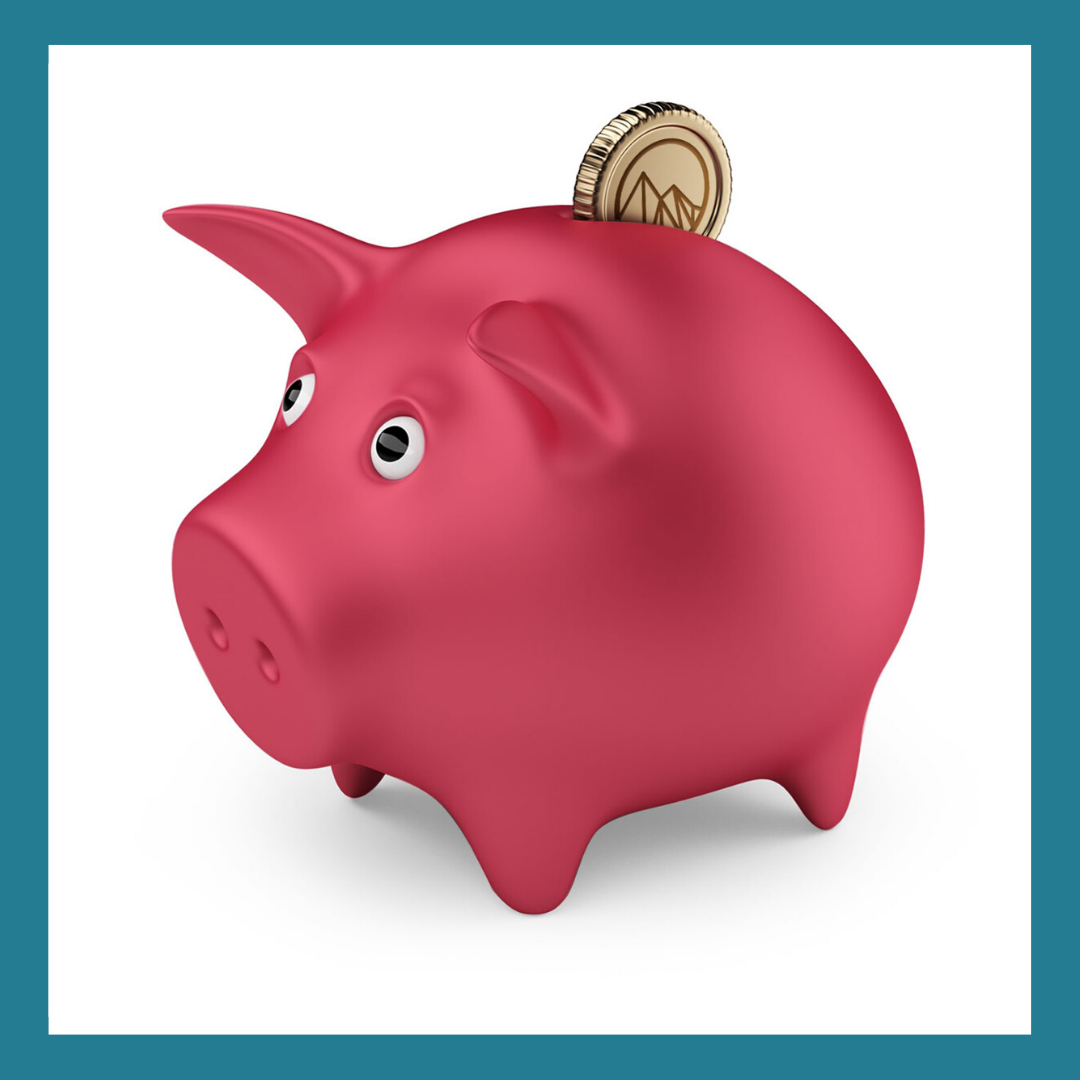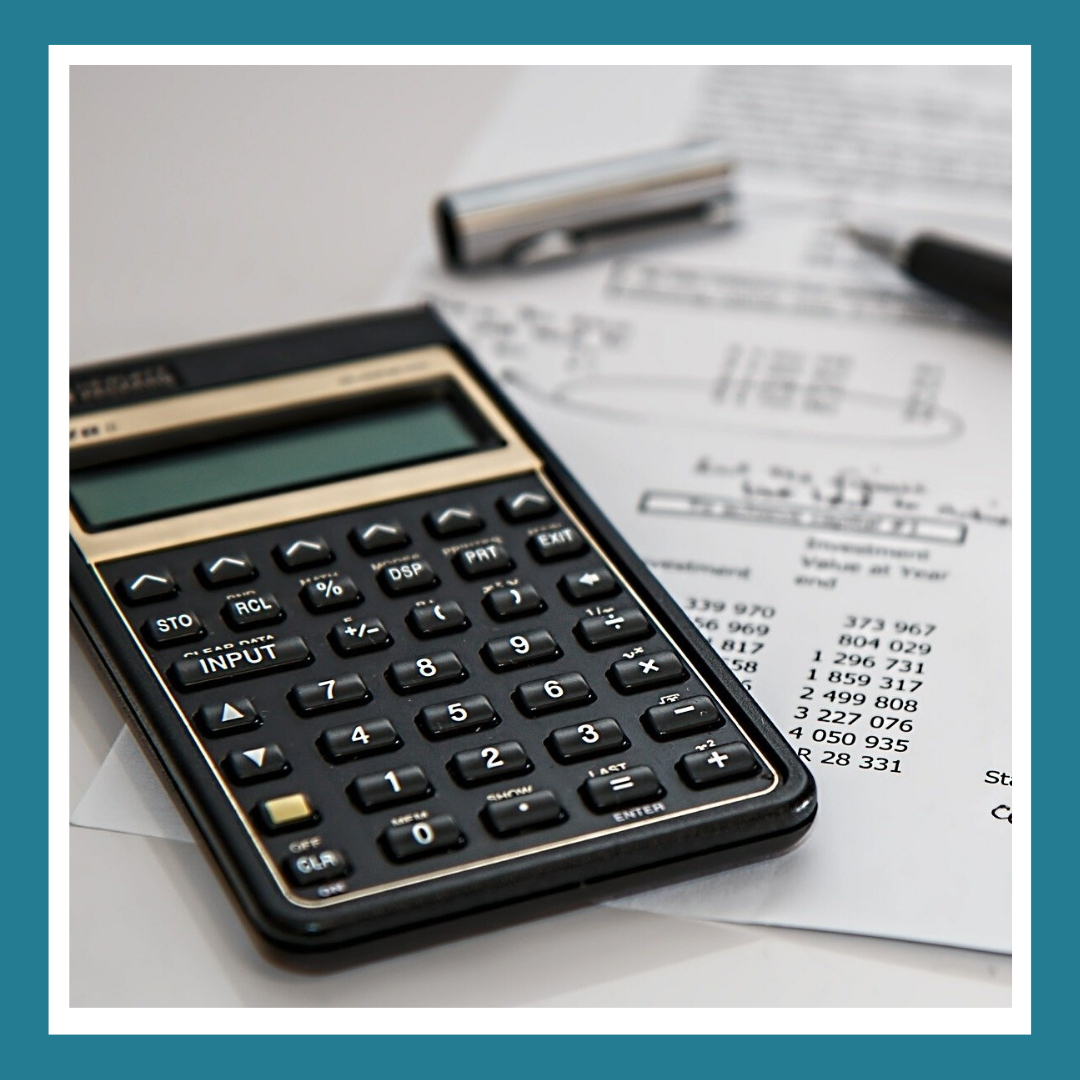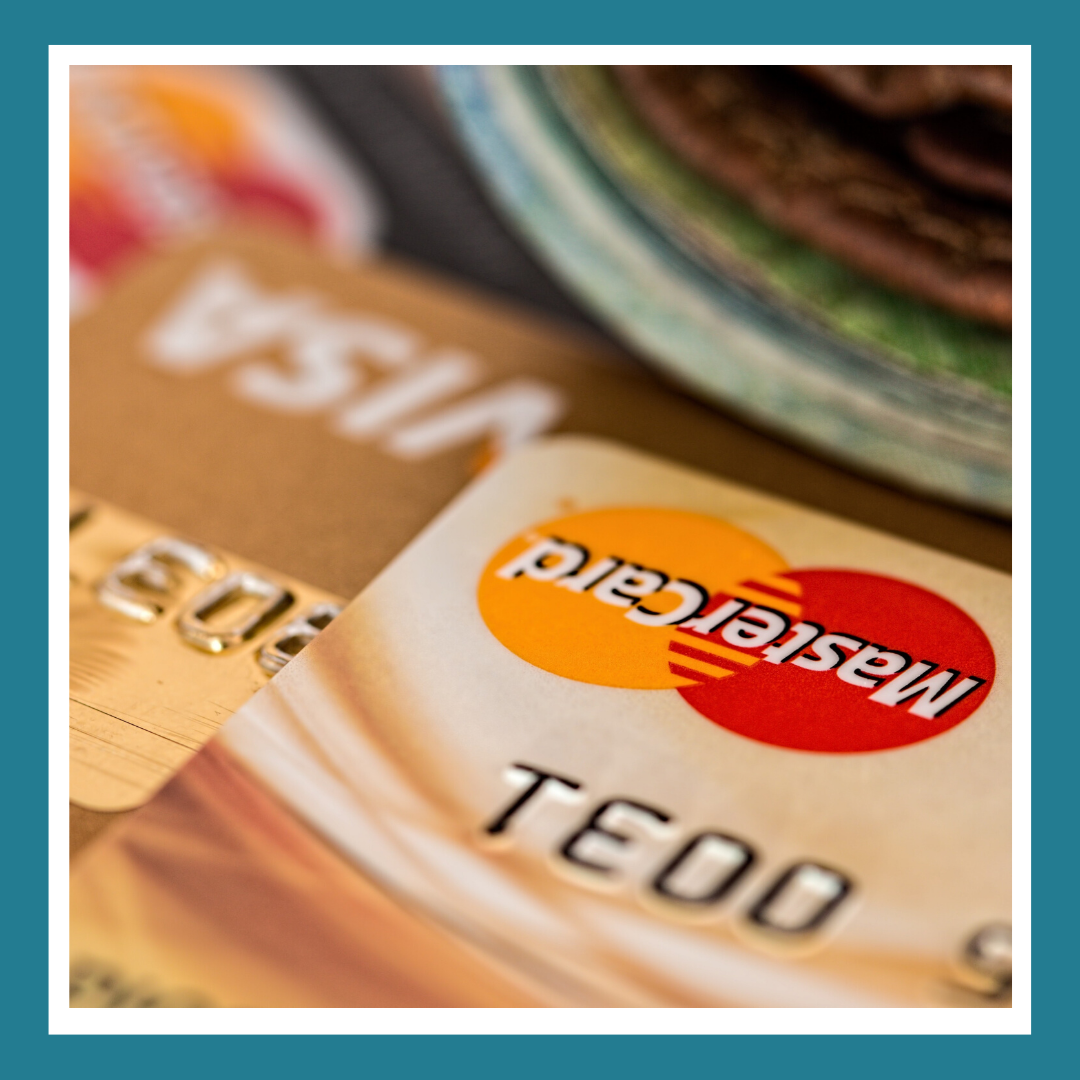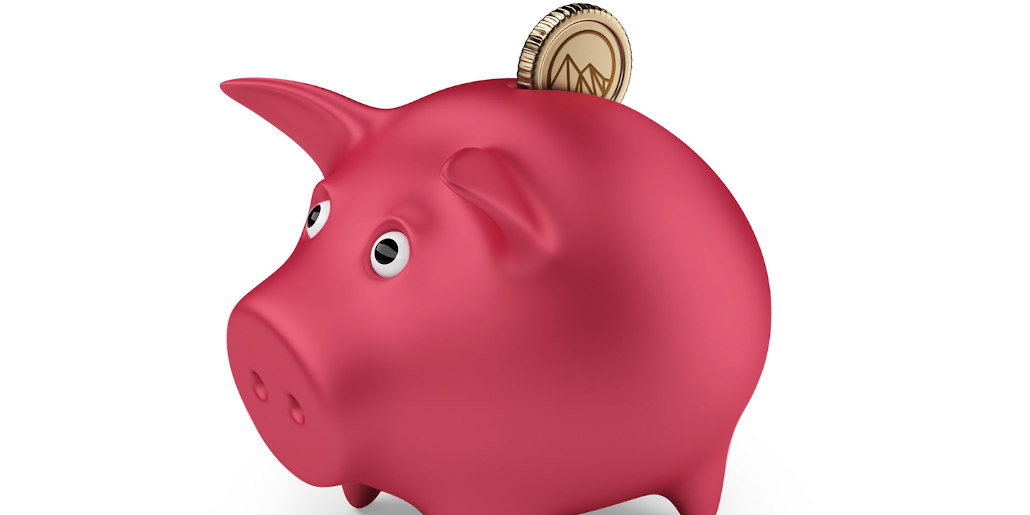[av_textblock size=” av-medium-font-size=” av-small-font-size=” av-mini-font-size=” font_color=” color=” id=” custom_class=” av_uid=’av-k8ircfzi’ admin_preview_bg=”]
We are three weeks into the COVID-19 crisis. We still don’t yet know the full economic impact of the pandemic, however, all signs are pointing to a serious recession, and possibly even a depression. I don’t mean to be doom and gloom, but as a mortgage broker located in Victoria BC, it’s my job to forecast my clients’ worst case scenarios, and then help them properly plan for it.
We can’t stick our heads in the sand and just assume that everything is going to be OK. Each and every one of us has to take action to ensure our finances are kept intact during this, or any other crisis to come.
What it comes down to is that you have to depend on yourself to make sure you’re going to make it through tough times. Preparing yourself and your family for an emergency is your responsibility, and you should try to do as much as you can to make sure you’ll have enough to weather the storm.
[/av_textblock]
[av_textblock size=” av-medium-font-size=” av-small-font-size=” av-mini-font-size=” font_color=” color=” id=” custom_class=” av_uid=’av-k8irequ5′ admin_preview_bg=”]
So, here are 4 different methods you can do to establish your emergency savings:
Save, Save, Save, and Stop Spending – Could take a long time, requires a lot of effort, no lasting expenses to you.
The first method of working towards establish an emergency fund is by saving money on an everyday basis. Cutting down on non-essential activities, purchases, and subscriptions, will free up some extra disposable income that you can put towards savings.
Eating less takeout, finding more of those essential items on sale, and finding cheaper ways to live will all help towards building up your savings.
Personally, I’ve even found in these past two weeks that by eating less processed food and cooking our meals every night, out of real ingredients, we are actually saving money.
You’re probably also spending less money on gas and outings like going to the movies. Take this extra money you have and squirrel it away.
Now, with all that being said, not everyone wants to change their lifestyle completely.
Also, not everyone has the luxury of being able to actually reduce their budgets drastically. Plus, even if you can save up an extra $1,000 or $2,000/month, it may take a long time, and a lot of effort to get your emergency savings to a point where it will last you three months. You may not have that kind of time, if you want that emergency savings fund now.
[/av_textblock]
[av_hr class=’invisible’ icon_select=’yes’ icon=’ue808′ font=’entypo-fontello’ position=’center’ shadow=’no-shadow’ height=’30’ custom_border=’av-border-thin’ custom_width=’50px’ custom_margin_top=’30px’ custom_margin_bottom=’30px’ custom_border_color=” custom_icon_color=” id=” custom_class=” av_uid=’av-k8irv8r2′ admin_preview_bg=”]
[av_textblock size=” av-medium-font-size=” av-small-font-size=” av-mini-font-size=” font_color=” color=” id=” custom_class=” av_uid=’av-k8irg2m0′ admin_preview_bg=”]
Use RRSPs – Tapping into your retirement funds.
This method is a little more direct. In fact, as long as your funds aren’t locked in to their investments, anyone can use their RRSPs to act as their emergency savings.
There are some negatives in using your RRSPs though.
First, you are using savings that you were planning to use for something else that is super important – your retirement. You’re borrowing the funds from your future self, which actually isn’t that bad. But you do have to plan for how to pay yourself back.
Second, you have to consider that you’ll pay tax on what you’re withdrawing. If you’ve lost your job and have little or no income, the tax deducted may be less than you’d typically pay, but it’s still something to consider.
[/av_textblock]
[av_hr class=’invisible’ icon_select=’yes’ icon=’ue808′ font=’entypo-fontello’ position=’center’ shadow=’no-shadow’ height=’30’ custom_border=’av-border-thin’ custom_width=’50px’ custom_margin_top=’30px’ custom_margin_bottom=’30px’ custom_border_color=” custom_icon_color=” id=” custom_class=” av_uid=’av-k8irvy5y’ admin_preview_bg=”]
[av_textblock size=” av-medium-font-size=” av-small-font-size=” av-mini-font-size=” font_color=” color=” id=” custom_class=” av_uid=’av-k8irmtvu’ admin_preview_bg=”]

Use unsecured debt – Can be quick, requires no effort, but you will get in trouble quickly & it’s very expensive.
If you have room available on a line of credit or credit card, sure, you could live off those for some time. However, in my opinion, this is the least favorable option.
Line of credits and credit cards come with high interest. Once you start using a line of credit or credit card, it can become very hard to pay off those balances. If you’re making the minimum payment only, then you’ll never pay off those debts. Using unsecured borrowing facilities may be your only option right away, but you should really try to do whatever possible to avoid this option.
[/av_textblock]
[av_hr class=’invisible’ icon_select=’yes’ icon=’ue808′ font=’entypo-fontello’ position=’center’ shadow=’no-shadow’ height=’30’ custom_border=’av-border-thin’ custom_width=’50px’ custom_margin_top=’30px’ custom_margin_bottom=’30px’ custom_border_color=” custom_icon_color=” id=” custom_class=” av_uid=’av-k8irw9hv’ admin_preview_bg=”]
[av_textblock textblock_styling_align=” textblock_styling=” textblock_styling_gap=” textblock_styling_mobile=” size=” av-medium-font-size=” av-small-font-size=” av-mini-font-size=” font_color=” color=” id=” custom_class=” template_class=” av_uid=’av-k8hx2f60′ sc_version=’1.0′ admin_preview_bg=”]
 Using Secured debt – This is a quick solution, requires some effort (going through a mortgage application), and you’ll borrow the money very cheaply and over long term (BEST SOLUTION).
Using Secured debt – This is a quick solution, requires some effort (going through a mortgage application), and you’ll borrow the money very cheaply and over long term (BEST SOLUTION).
Out of all the options for building up an emergency savings fund, this is the option we feel is best. I know, you might be thinking that I’m biased and that I’m only saying this because I’m a mortgage broker, but let’s think about this.
If you borrow $50,000 on a secured line of credit, you might pay $143 or so a month in interest. Rates for secured lines of credits right now are running at Prime plus 0.5% (or thereabouts). For $50,000 in liquidity, $143 to pay per month is not much. If you borrow $50,000 on a mortgage outright, your principal plus interest payment on a 30 year amortization would be around $200 per month, using an interest rate of around 2.8%.
There are other good uses for your home equity too. You could take funds out to payoff other high interest debt that you already have, thereby lowering your monthly payments and interest costs too.
Thinking even bigger, you could get yourself ready to purchase investments that may be going on sale, or may already be on sale. Our stock markets are down almost 40%, so now might be a great time to invest more money into the stock market, in order to take advantage of the upticks that will eventually come. You may also want to get yourself ready to purchase a rental property. Property may be also “going on sale”, so getting yourself ready with a downpayment on hand for a purchase of a rental property is good strategy.
If you borrow funds out of your home, you have four advantages. You don’t have to use your retirement funds, you’ll be able to access the most cash with the lowest interest rate, and the terms to pay back the funds are very favorable. You’ll also be able to give yourself the opportunity to jump on really good investment deals as they come along. You won’t have to make drastic lifestyle changes, and in fact, you might even put yourself further ahead by being strategic about it.
Most importantly, you’ll be able to lift the weight off your shoulders of not being able to make it through these tough times. You’ll sleep better knowing you’ve protected yourself and your family.
If you’d like to learn more about refinancing your mortgage, or if you are considering an early mortgage renewal, please reach out. In a 15 minute conversation, we can determine if you are eligible to refinance.
[/av_textblock]
[av_hr class=’default’ icon_select=’yes’ icon=’ue808′ position=’center’ shadow=’no-shadow’ height=’50’ custom_border=’av-border-thin’ custom_width=’50px’ custom_margin_top=’30px’ custom_margin_bottom=’30px’ custom_border_color=” custom_icon_color=” av-desktop-hide=” av-medium-hide=” av-small-hide=” av-mini-hide=” id=” custom_class=” av_uid=’av-34fdrs’]





 Using Secured debt – This is a quick solution, requires some effort (going through a mortgage application), and you’ll borrow the money very cheaply and over long term (BEST SOLUTION).
Using Secured debt – This is a quick solution, requires some effort (going through a mortgage application), and you’ll borrow the money very cheaply and over long term (BEST SOLUTION).

